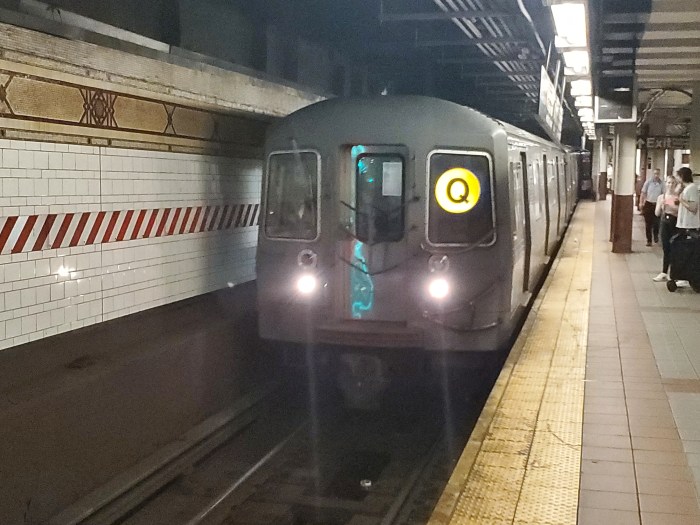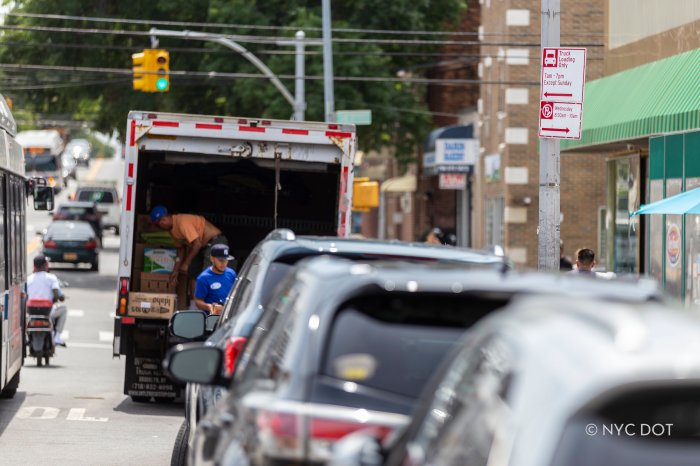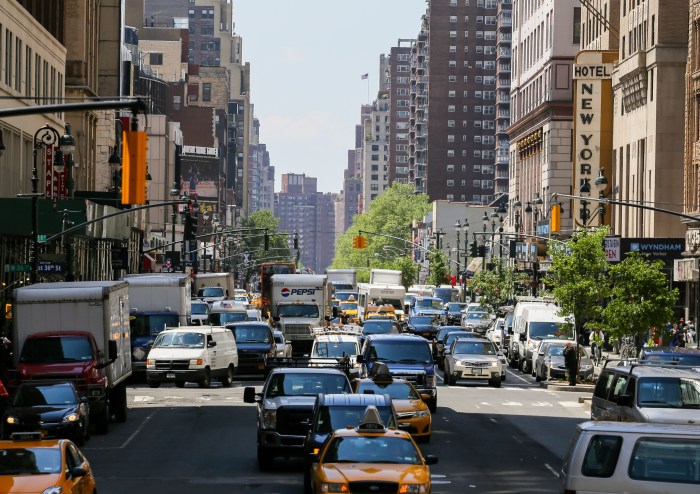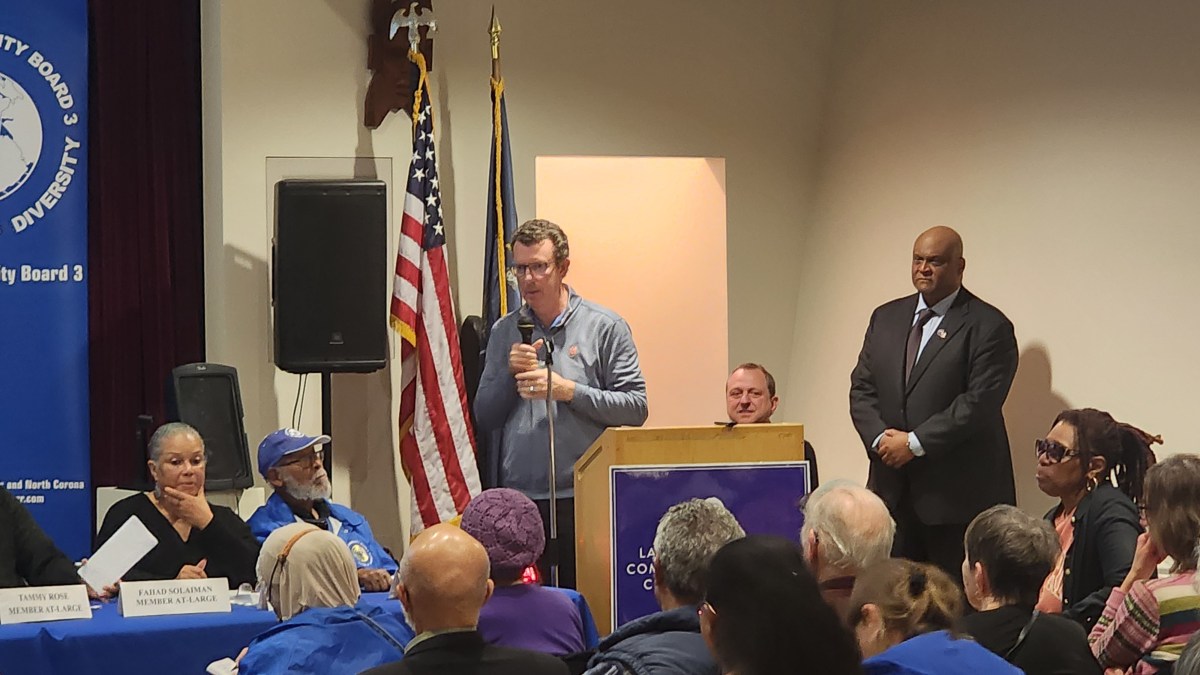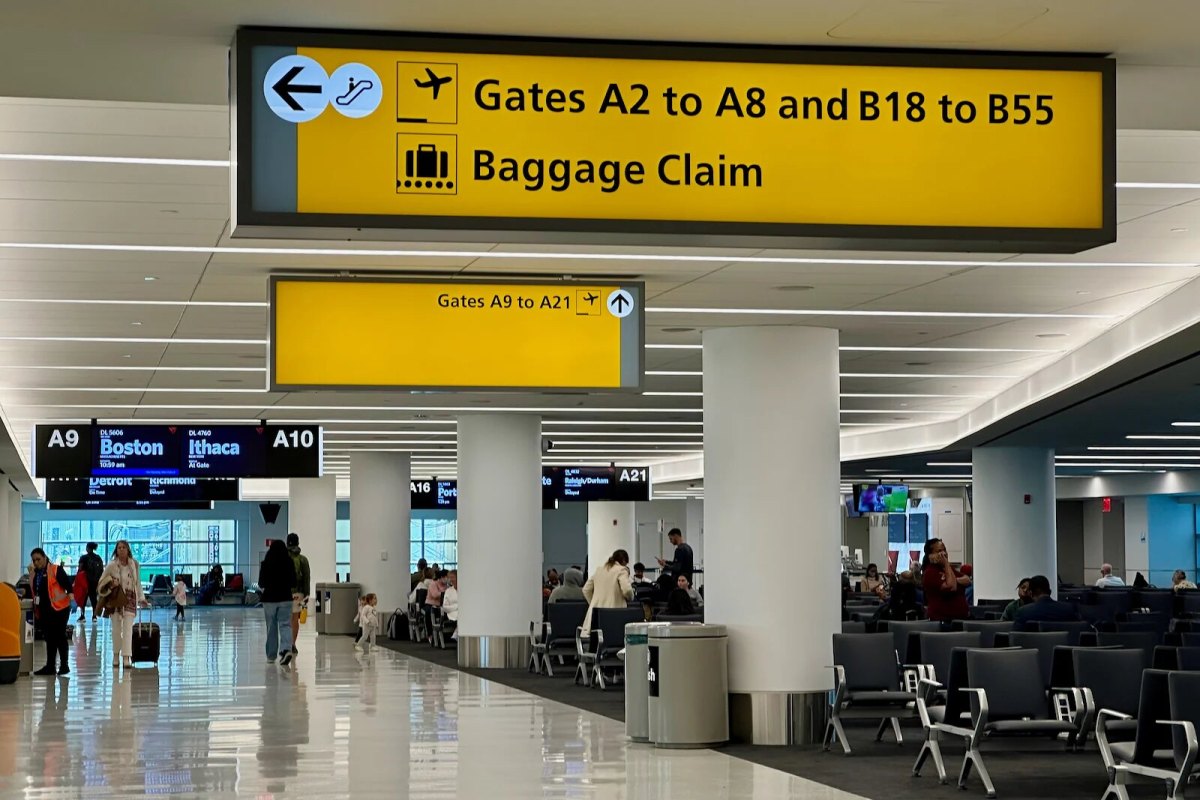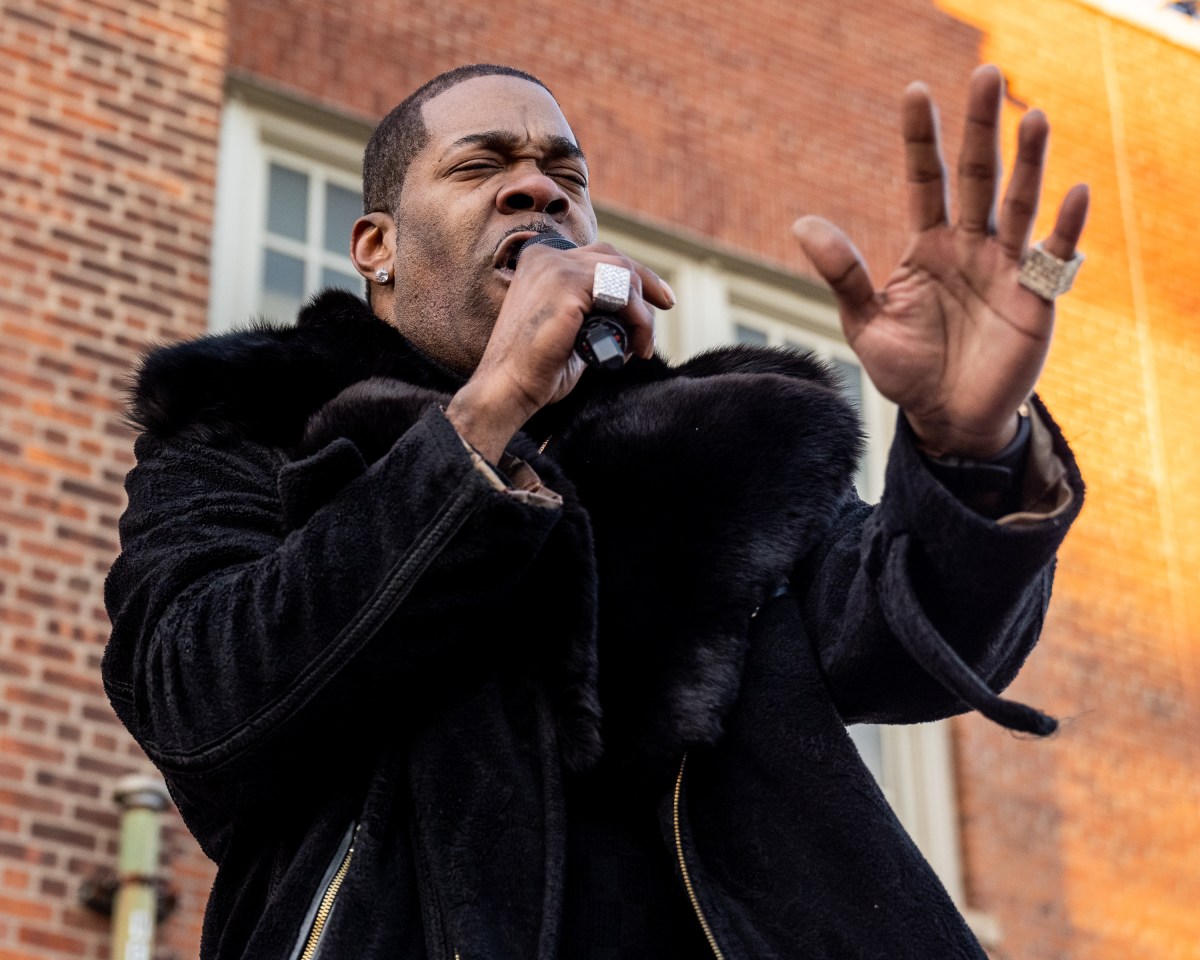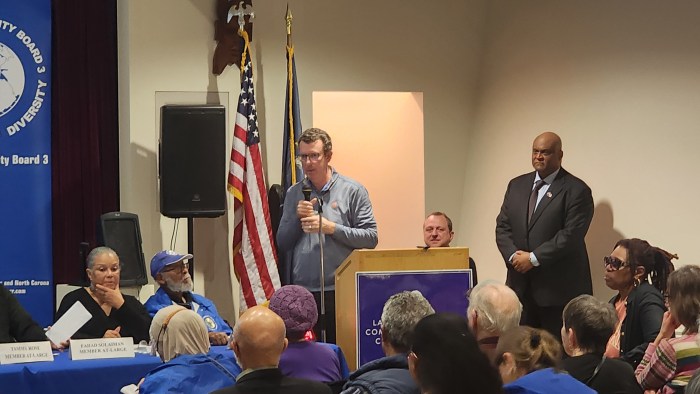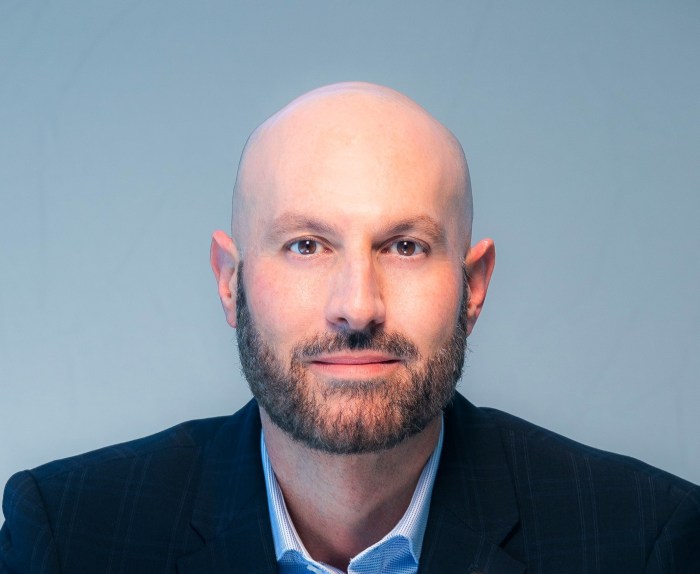The MTA Wednesday revised its ad policy to ban all political ads amid pushback from board members and the ACLU over free speech rights and the transit system’s place in public discourse.
The board backed a change in the MTA’s policy, treating subway stations, buses and other properties as a “limited” public forum that could have a blanket ban on political advertisements.
Inflammatory ads from blogger Pamela Geller warning about radical Islam set off the policy change after the MTA tried to block one of several ads over fear it would incite violence. A federal judge disagreed and ordered the MTA to put up the ad, but stayed the decision, allowing the agency to make its change, according to officials.
“There’s a war going on in the information battle space,” Geller said to MTA officials and board members. “You cannot shut this down. I understand it seems like the path of least resistance but it’s not.”
New York Civil Liberties Union’s associate legal director Christopher Dunn also made a plea to MTA officials against the ban, calling the mass transit system “our public square” that is “a central part of our speech in New York City.”
Commuter Alexandra Coronel called the MTA’s move to ditch political “viewpoint” ads “wise,” saying in an apparent joke that a cranky person waiting 20 minutes for a bus could be set off.
“MTA is no place for political ads, we need a rest,” she said.
Chris Colon, 52, said those who pay for ads should have them up as a matter of free speech, but the city is a divere melting pot, where ads could “anger a lot of people.”
“It’s a catch-22,” he said. As for revenue, officials said political advertisements pulled in less than $1 million of the $138 million the agency took in last year. There are no viewpoint ads officially placed in the system at the moment and any stray ads would be removed later, according to MTA spokesman Adam Lisberg.
The issue divided board members. Arguing that “hateful speech is not harmless speech,” Charles Moerdler raised the spectre of “irrational hatred” that led to violence in Bosnia, Belfast and Armenia, and called Adolf Hitler’s “Mein Kampf” a “precursor” to the Holocaust.
His fellow member Jonathan Ballan, however, criticized the policy as a “well-intentioned paternalistic” action developed out of fear someone might be influenced by an ad to act violently.
“We’re stopping free expression of ideas to save the public from perhaps reading something that offends them,” he said. “This contravenes good public policy, probably is unconstitutional and makes no sense.”
MTA CEO and chairman Tom Prendergast characterized the debate as a diversion from the agency’s main responsibility of providing transportation.
“We can’t get so deluded and diverted from what our main function is,” he said. “When we start to do that, I think board members get to a point where we want to get back to the basics without trampling on the First Amendment.”




